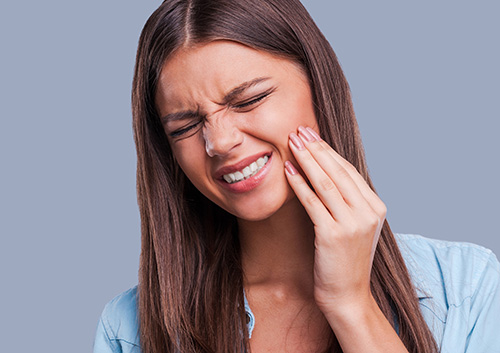Is Charcoal Teeth Whitening Safe?
January 8th, 2020

Health and beauty trends surface on the web every day, and it can be difficult to tell which ones are worth your time, or even safe, for that matter. Perhaps one of the biggest dental trends recently on Facebook, YouTube, and Instagram has been teeth whitening through brushing with activated charcoal.
Unfortunately, charcoal whitening isn’t everything the Internet makes it out to be. Activated charcoal isn’t what you use to grill at a summer barbecue; it’s an oxidized substance made from peat, coal, wood, coconut shell or petroleum heated with a gas.
Toxins and surface stains can cling to charcoal due to its adhesive qualities, which is why some people declare it’s perfect for removing discoloration on teeth. Although it may show quick results initially, charcoal is nothing more than a temporary solution.
The abrasive texture may roughen up enamel, which will make it easier for future stains to stick to the surface of your teeth. They may show stains shortly after you use charcoal on them, and may become even more discolored than before.
It’s crucial to emphasize the results of damaged tooth enamel because it cannot replenish itself, which means any damage is permanent. People with receding gums or sensitive teeth especially should steer clear of charcoal because it can make brushing too harsh and worsen sensitivity.
Long-time use can deplete enamel, which over time exposes dentin: the soft, yellowish layer in the tooth. This puts you at a higher risk for cavities, tooth discoloration, and complicated dental problems such as periodontal disease in the future.
The American Dental Association does not approve of charcoal as a safe means for whitening teeth. If you do choose to use it, do so with caution.
Charcoal should be used once every other week at the most, even if your teeth feel fine. The only proven ways to whiten teeth safely are with ADA-approved whitening products or in-office bleaching treatments overseen by a dental professional.
Before you begin any whitening treatment at home, consult with Dr. Vincent Cardinale and Dr. Chris Moody to make sure your teeth won’t be harmed in the process. If you are already experiencing sensitivity, stop charcoal use immediately and make an appointment with our office right away.
If you have questions about whitening or want to schedule an in-office whitening treatment, feel free to give our Naples, FL office a call today!




